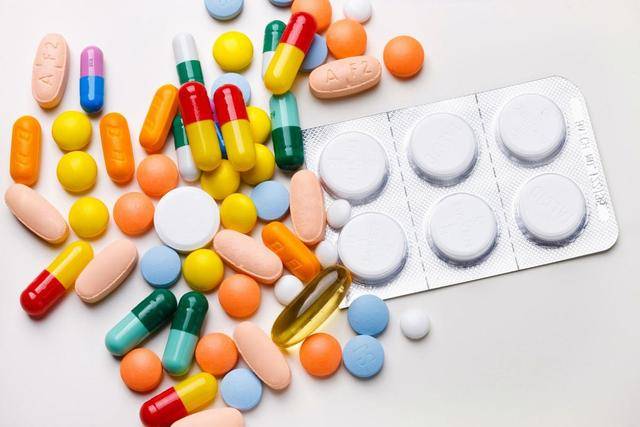With the improvement of living standards and changes in dietary habits, hypertension has become a prevalent health issue. To control hypertension, many people choose to take antihypertensive medications. However, many are unaware of the interactions between antihypertensive drugs and other foods, especially milk. In fact, when taking antihypertensive medications, one should avoid milk because certain components in milk may affect the efficacy of these medications.
1. Understanding the Mechanism of Action of Antihypertensive Medications
Antihypertensive medications primarily lower blood pressure by inhibiting vascular contraction and reducing the load on the heart. Certain components in milk, such as calcium and proteins, may affect the absorption and metabolism of antihypertensive drugs, thereby decreasing their efficacy.
Additionally, the lactose in milk may also interact with antihypertensive medications, leading to an accelerated metabolism of the drug, reducing its residence time in the body, and consequently weakening its blood pressure-lowering effect.
2. Certain Components in Milk May Interact with Antihypertensive Medications, Increasing the Risk of Side Effects
For instance, calcium in milk may bind with certain components of antihypertensive medications, potentially leading to increased drug concentrations and thereby heightening adverse reactions.
Moreover, proteins in milk may also bind with components of antihypertensive medications, affecting the drug’s metabolism and excretion, further increasing the risk of side effects.
3. There are Other Foods to Avoid When Taking Antihypertensive Medications
These foods include coffee, tea, cola, chocolate, chili, and tobacco. The components in these foods may interfere with the absorption and metabolism of antihypertensive drugs, reducing their efficacy.
For example, components like caffeine and theobromine may stimulate the central nervous system, raising blood pressure, which conflicts with the action of antihypertensive medications. Meanwhile, the capsaicin in chili may cause blood vessels to constrict, increasing blood pressure and opposing the action of these drugs.
In summary, one should avoid milk when taking antihypertensive medications. Certain components in milk may affect the absorption and metabolism of these medications, reducing their efficacy. Therefore, during the period of taking antihypertensive medications, we should stay away from milk and certain other foods to ensure the drugs’ effectiveness. At the same time, we should also pay attention to a balanced diet and a healthy lifestyle to control blood pressure and maintain health.


